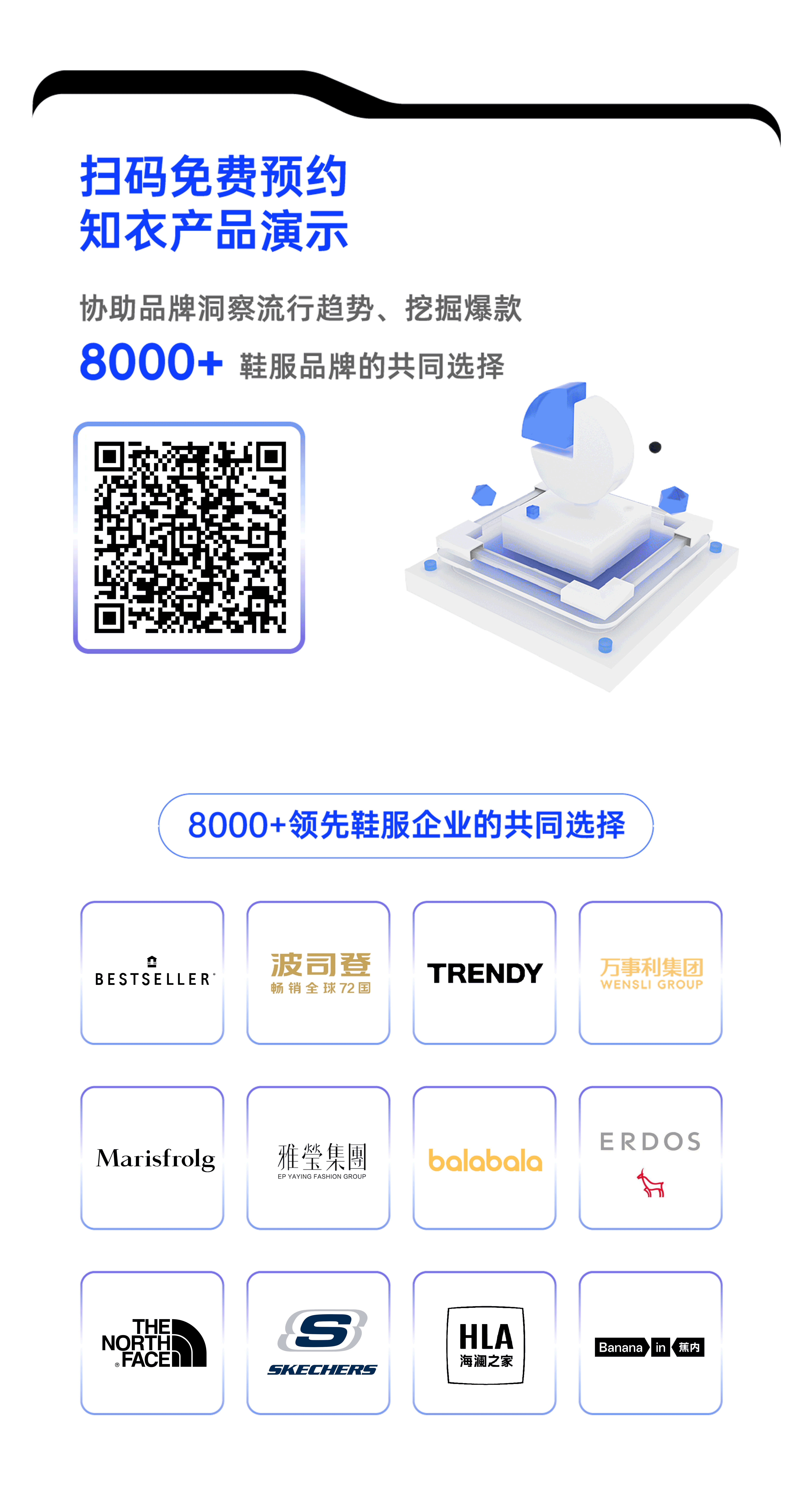正值淘天618预售季,近期有消息称,淘宝已上线“高退款人群屏蔽”功能,服饰商家可在自定义推广页面设置屏蔽人群,既可以完全屏蔽高退款人群和异常退款人群,不再触达,也可以对退款率较高人群减少曝光。
据网传截图显示,淘宝商家在进行人群推广时,可在自定义推广页面设置屏蔽人群,包括100%完全屏蔽异常退款人群及高退款人群,对退款率较高人群减少曝光。图源:网络
对这一新功能,消费者和商家反应不一。有网友表示该功能对商家友好,可以明显提高淘宝商家的人群推广质量和成交率。还有网友喊话淘宝给消费者也设置一个屏蔽高退货率商家功能,这样就不用自己花时间一个个筛选。图源:网络
另一方面,商家则认为通过减少无效推广流量,可以提升成交率,此举能降低被“羊毛党”或恶意退单用户干扰的风险。
淘宝推广部门的一名工作人员表示,高退款率人群屏蔽等功能目前仅针对天猫、淘宝服饰商家开放,不支持其他行业的商家申请。功能旨在优化推广效果,减少恶意退款干扰,但可能导致曝光量下降,需商家权衡利弊。目前该功能正在内测之中,是否可以设置要以商家在付费推广时的后台显示为准。
有入驻天猫多年的商家透露,商家后台已经可以看到“关于高退款人群屏蔽”的相关说明,服饰行业商家指女装、男装、内衣、男女鞋、箱包服配、手表眼镜等二级类目下,所有的淘宝C店与天猫B店商家。
谁在为“仅退款与7天无理由退货”买单?
实际上,商家苦“羊毛党”久矣,尤其是服饰行业。光是最近就有多个新闻闹得沸沸扬扬,前有老师教唆60余位大学生组团网购演出服并退货,后有游客穿着未剪吊牌的长裙,桩桩件件都是服饰商家的血泪史。图源:网络
表面看是商家吃亏,实则是所有消费者都在为漏洞买单。有一位服装店老板晒出自家店铺数据:五一前退货率60%尚属正常,然而节后却直接飙到130%——多出的30%是因为有人把穿过的衣服退货。
还有防晒衣的老板算过账:每单退货成本约12元,如果退回商品无法再次销售,商家将净亏50元。但平台扣点照收、运费险涨价,最终这些成本会转嫁给普通消费者——你可能正在为别人的“免费试穿”付费。
那么这些被退的“二手货”,最终会流向谁?如果有商家为止损,将轻微瑕疵的退货商品经简单处理后重新上架,又引发新一轮消费纠纷,形成恶性循环。信任崩塌后,受伤的将是整个生态链。
规则不该成为“羊毛党”的玩具。这种"少数人作恶,多数人买单"的模式,最终会推高行业整体成本,毕竟,仅退款与7天无理由退货等功能上线的初心,从来都是消费者保护,而不是无底线白嫖。
破局需要平台该用大数据揪出“惯犯”。
平台要如何一碗水端平?
今年4月下旬,拼多多、淘宝、抖音、快手、京东等多个电商平台全面取消“仅退款”,消费者收到货后的退款不退货申请,将由商家自主处理。以淘宝为例,未来平台将不主动介入消费者在已收到货后的不退货退款售后申请,由卖家先行与消费者协商处理。
作为2024年开始逐渐卷起的国内电商行业标配,“仅退款”上线以来显著保障了消费者权益。但不容忽视的是,在部分“羊毛党”的恶意利用下,大量的合法经营商家权益被损害,因此相关的争议和质疑总是不绝如缕。
如今随着"仅退款"的陆续下线,说明各大电商平台方意识到了需要重构买卖双方的权益平衡,平台既要保护消费者合法权益,也要维护商家的正常运营,通过技术手段和数据模型,在买卖双方之间找到公平合理的平衡点。
值得注意的是,本次淘宝还新推出了“真实体验分”体系替代传统评价系统,通过客观指标动态评估店铺服务质量,30天更新周期与商品体验分结合,有效遏制刷分乱象,高评分商家还能获得更多流量扶持,形成“服务越好-曝光越高”的正向循环。
此外,平台还升级了异常仅退款识别模型,日均拦截40万单不合理申请,商家申诉7天完结率超95%,既保障消费者权益,又通过技术手段防范“薅羊毛”行为。
结语
淘宝此次试水高退款人群屏蔽,既是应对服饰行业特定痛点的精准施策,也折射出电商平台治理逻辑的深层转变——从粗放式流量争夺转向精细化生态运营。
当"仅退款与7天无理由退货"被异化为羊毛党的狂欢时,单纯依赖道德约束已显乏力。未来的解决方案或许在于:平台用算法过滤不良商家,商家用工具过滤恶意用户,消费者用消费投票过滤劣质服务。
唯有平台、商家、消费者三方协同,才能让电商生态走出"互相伤害"的困局,实现可持续增长。淘宝的新功能不是终点,而是重构健康电商生态的新起点。
· END ·

免费试用

资料领取

预约演示

扫码咨询







